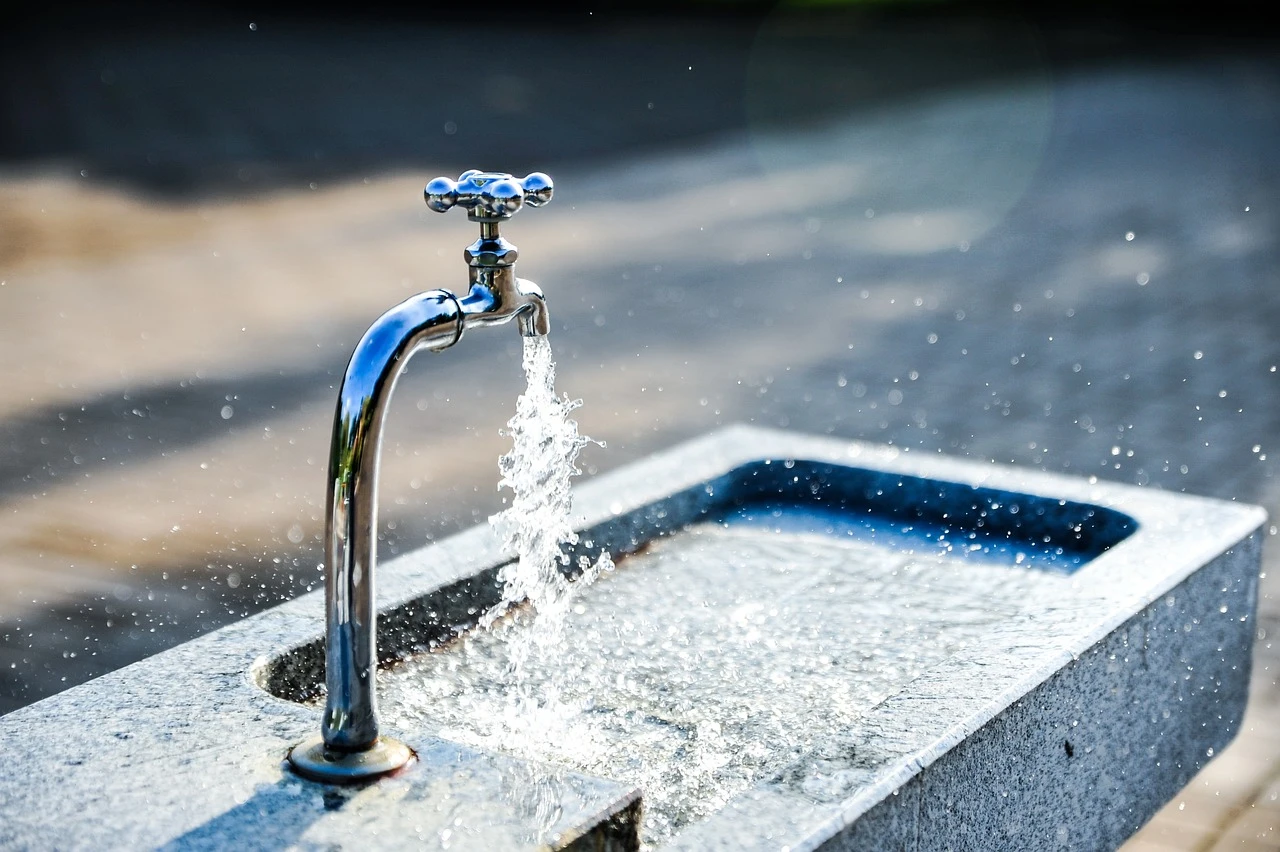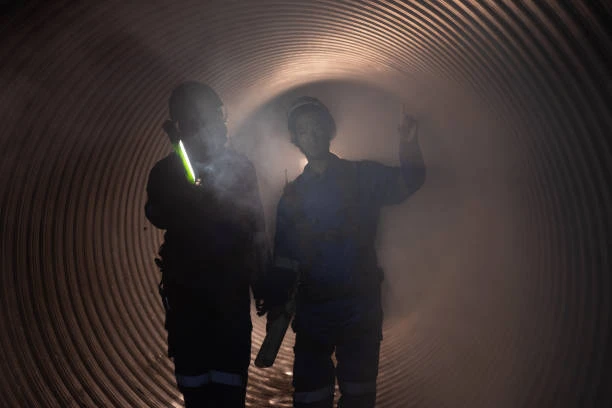Introduction: The Growing Concern of Lead in Water Pipes
Water pipe in recent years, the city of Rochester, New York, has made significant strides in addressing the longstanding issue of lead contamination in drinking water. As concerns over public health grow, many cities across the United States have come to realize that lead in water pipes poses a serious risk, especially to children, pregnant women, and vulnerable populations. In response to this growing crisis, Rochester has initiated a comprehensive plan aimed at replacing lead-containing water pipes throughout the city, ensuring cleaner and safer water for all residents.
This article explores the importance of removing lead from water pipes, how Rochester is tackling the problem, the potential health risks associated with lead exposure, and what residents can expect from these efforts.

Why Lead in Water Pipes Is a Problem
Lead is a toxic metal that can enter drinking water through old, deteriorating plumbing systems. In homes with lead service lines or plumbing fixtures, lead can leach into the water, particularly when the water is corrosive. Over time, lead exposure can lead to serious health issues, particularly for children under the age of six, whose developing brains are highly sensitive to the neurotoxic effects of lead.
Some of the most common sources of lead in water include:
- Lead service lines: The pipes that connect homes to the public water supply may contain lead, especially in older urban areas.
- Lead-based plumbing fixtures: Faucets, pipes, and connectors made from lead or leaded materials can contribute to contamination.
- Corroded pipes: Even if pipes were initially installed without lead, they may corrode over time and release lead particles into the water.
Lead poisoning can cause developmental delays in children, reduced IQ, learning difficulties, and behavioral problems. In adults, long-term exposure to lead has been linked to hypertension, kidney damage, and reproductive issues.
The Push to Eliminate Lead from Water Pipes in Rochester
Rochester, like many cities across the U.S., faces a significant challenge in replacing its aging infrastructure. Many of the water pipes in the city date back to the early 20th century, and a large number are made from lead or contain leaded components. The city has recognized the need for action and is moving forward with an ambitious plan to eliminate lead from the water supply.
The City’s Plan for Water pipe Replacing Lead Pipes
Rochester’s initiative to replace lead pipes is a multifaceted effort that includes:
- Assessing the extent of the problem: The first step in eliminating lead from water pipes is to understand how widespread the issue is. The city has conducted thorough assessments to identify homes and neighborhoods most at risk. This includes mapping the location of known lead service lines and conducting water quality testing.
- Replacing lead service lines: The city is working with local utilities and contractors to replace lead service lines with safer alternatives. In many cases, this involves replacing the lead pipes with copper or other materials that do not leach harmful substances into the water.
- Prioritizing vulnerable communities: Special attention is being paid to areas with high numbers of vulnerable populations, such as low-income neighborhoods and schools, where children are more likely to be exposed to lead.
- Funding and resources: To fund these efforts, Rochester has allocated millions of dollars in state and federal grants, as well as local funding, to support the pipe replacement program. The city has also partnered with organizations that specialize in environmental health to ensure that the work is done safely and effectively.
- Public awareness and education: Public education campaigns are a key component of Rochester’s strategy. The city is informing residents about the risks of lead in water, how to check if their homes are at risk, and what steps they can take to minimize exposure in the interim.
The Health Risks of Lead Exposure
Lead exposure can have devastating effects on human health, particularly when it comes to drinking water. For children, even small amounts of lead in water can lead to:
- Neurological damage: Lead can impair brain development, leading to learning disabilities, decreased IQ, and behavioral problems.
- Growth and development issues: Chronic exposure to lead can result in stunted growth and delayed development in children.
- Hearing loss: Lead poisoning can affect the auditory system, leading to permanent hearing damage.
For adults, lead exposure can result in a variety of health issues, including:
- Hypertension (high blood pressure): Long-term exposure to lead has been linked to elevated blood pressure.
- Kidney damage: Lead is toxic to the kidneys, and prolonged exposure can lead to renal dysfunction.
- Reproductive problems: Lead exposure can cause fertility issues and complications during pregnancy.
Given these risks, it’s clear why replacing lead pipes is so critical. The long-term health benefits of cleaner water far outweigh the initial costs and challenges of replacing infrastructure.
Rochester’s Progress and Water pipe Success Stories
Rochester has already made substantial progress in its efforts to eliminate lead from its water supply. The city has replaced thousands of lead service lines and continues to expand its efforts each year. One notable success story involves a local school district that worke closely with the city to replace lead pipes in school buildings, ensuring that children would no longer be expose to contaminated water.
In addition to the school district, many residents have benefited from the city’s pipe replacement program, with several neighborhoods seeing significant reductions in lead levels in their drinking water. Public health officials are optimistic that these efforts will lead to a marked decline in lead poisoning cases and improve overall health outcomes for the community.
What Residents Water pipe Can Expect Moving Forward
As Rochester continues its push to eliminate lead from water pipes, residents can expect the following:
- Ongoing outreach: The city will continue to engage with residents, offering resources and guidance on how to identify and address potential sources of lead in their homes. This includes free water testing kits and information on how to mitigate lead exposure while waiting for pipe replacement.
- Long-term infrastructure improvements: While the city’s pipe replacement program is already underway, it will take several more years to completely eliminate all lead pipes. However, the city is committ to making this a top priority and ensuring that every resident has access to safe, clean drinking water.
- Public health monitoring: The city will continue to monitor water quality and public health data to assess the impact of the pipe replacement program. This data will be use to adjust strategies and prioritize resources in the most affected areas.
Conclusion: A Safer Future for Water pipe Rochester’s Water Supply
Rochester’s efforts to eliminate lead from water pipes represent a crucial step forward in improving public health and ensuring a cleaner, safer future for residents. By replacing lead pipes and investing in infrastructure improvements, the city is not only addressing a critical environmental issue but also demonstrating a commitment to the well-being of its residents.
While challenges remain, Rochester’s ongoing efforts are a model for other cities grappling with similar issues. With continued investment, public engagement, and a focus on vulnerable populations, Rochester is on its way to becoming a leader in safe drinking water practices.
Frequently Asked Questions (FAQs)
- How can I tell if my home has lead pipes? To check if your home has lead pipes, look for any signs of aging or corrosion in your plumbing, or check your water utility’s records for information about your service line. You can also request a free water testing kit from the city.
- What should I do if I have lead pipes in my home? If you have lead pipes, avoid drinking water directly from the tap, especially if the water has been sitting for several hours. Consider installing a water filter certified to remove lead or using bottled water for drinking and cooking.
- How long will it take to replace all the lead pipes in Rochester? The full replacement of lead pipes in Rochester is expecte to take several years. However, the city has already replaced thousands of lead service lines, and progress continues each year.
- Will the city cover the cost of replacing lead pipes in private homes? Depending on the situation, the city may cover part or all of the cost of replacing lead pipes. Residents are encourage to contact the city’s water department for information on available funding or assistance programs.
- Is the water in Rochester safe to drink right now? While the city is making progress in replacing lead pipes, it is still recommend to use caution, especially in older homes. The city regularly tests water quality, and residents can check the latest results or request water testing to ensure their water is lead-free.


















